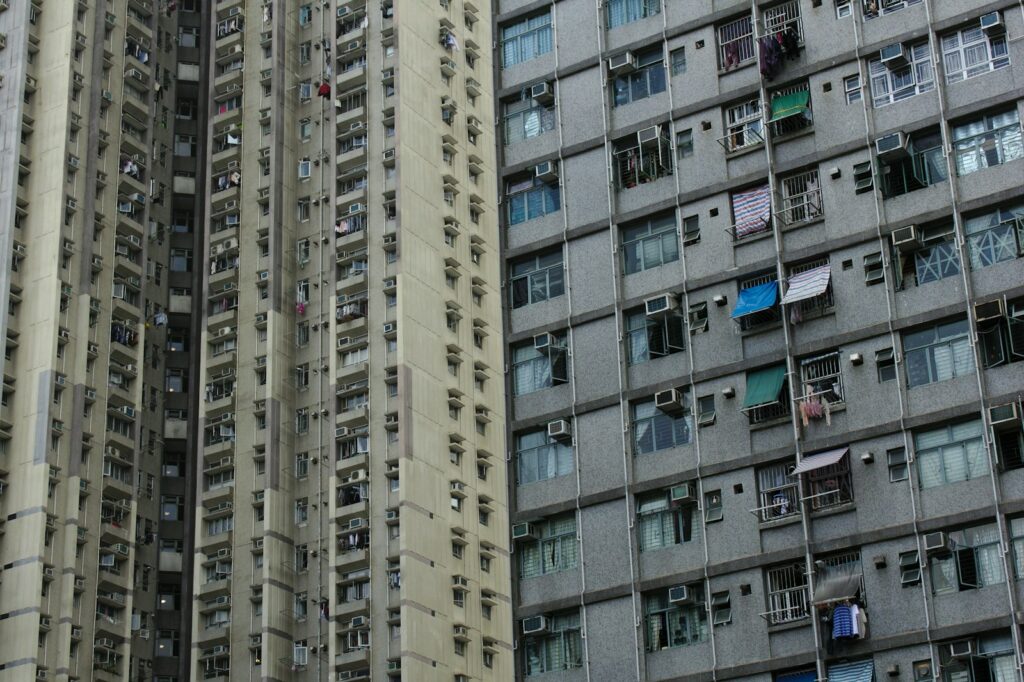Rates of rough sleeping are worse in some rural areas than in many major cities, according to an analysis of official homelessness data.
Analysis by rural affairs campaign group CPRE – formerly known as the Campaign to Protect Rural England – found that a greater proportion of people are sleeping rough in the seven worst affected rural local authorities than in London, Leeds or Norwich.
The seven rural rough sleeping hotspots are Bedford, Boston, North Devon, Cornwall, Bath and North East Somerset, Torridge and Great Yarmouth. People sleeping rough are defined as those sleeping in the open air, tents, makeshift shelters or buildings not meant for human habitation.
CPRE said that unlike those in urban areas, people sleeping rough in the countryside are often hidden out of sight, camping in fields or sheltering in farm buildings. They are also less likely to have access to support services.
In September 2023, the latest month for which data is available, 48 people per 100,000 were sleeping rough in Boston, England’s worst-affected rural local authority. The figures for Bedford and North Devon, which have the next-highest rates of rough sleeping, were 38 and 29 respectively. This compares with 23 in London, 19 in Norwich and 14 in Leeds.
In England, 12 local authorities designated as largely or predominantly rural had levels of rough sleeping higher than the national average (15 people per 100,000). These were spread across the country, with examples in all regions except the North East.
Levels of homelessness have leapt 40% in the countryside in just five years. The crisis is being fed by record house prices, stagnating wages, huge housing waiting lists and a proliferation of second homes and short-term lets.
CPRE, which is often blamed by housebuilding campaigners for opposing new housing developments, said the government urgently needs to redefine the term ‘affordable housing’ in line with average local incomes, increase the minimum amount of genuinely affordable homes and homes for social rent required by national planning policy, and extend restrictions on the resale of designated affordable housing to ensure it can be used by local people, not as second homes or holiday lets.
In addition, the Rural Homeless Counts Coalition, of which CPRE is part, is calling for robust action in tackling homelessness. This includes improving homelessness support services in rural communities, better methods for identifying homelessness in the countryside, and dedicated investment in rural social housing.
Image: Mihály Köles
At least 309,000 people homeless in England today, research shows
Statutory homelessness soars as government continues to delay ‘no fault’ evictions ban

















Leave a Reply